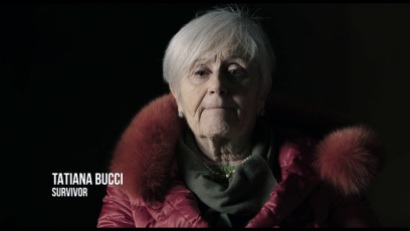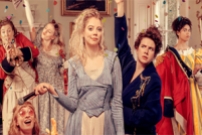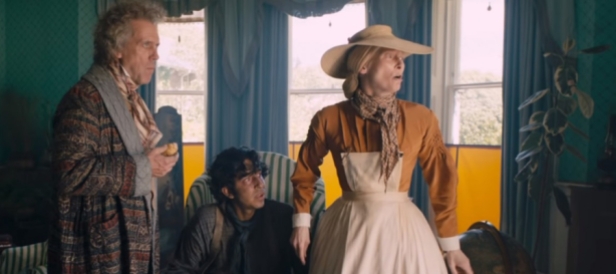30/01/20
Traverse Theatre, Edinburgh
Heroine is not for the faint hearted and the various trigger-warnings posted around the foyer of The Traverse are not just for show. This powerful one-woman drama, written and performed by Mary Jane Wells, is the true story of Danna Davis, a lesbian who joined the American army in the 1990s – before the infamous ‘Don’t Ask, Don’t Tell’ policy was repealed. While stationed in Germany, she was subjected to a horrific rape at the hands of four fellow soldiers, one of whom was her commanding officer. Davis then had to serve alongside the same men in combat situations in Iraq, until eventually, she was badly wounded and discharged from the Army.
Wells’ drama takes the form of a monologue as she recounts the awful attack and then examines the long and arduous fight that came in its aftermath, as Davis struggles to come to turns with what has happened to her. It’s a raw and compelling performance and is made all the more stark when we learn that the situation is distressingly common in the American armed forces (there are 19,000 cases of sexual assault a year), and even has its own official terminology: MST (military sexual trauma).
This is nobody’s idea of a pleasant evening at the theatre – indeed, it’s shocking and brutal, a shaming indictment of the army’s policy – but it’s also an important subject that fully deserves to be exposed and explored. In the era of #MeToo, Davis’s story is finally reaching wider audiences. Heroine, created and developed with help from the King’s and Festival Theatre in Edinburgh is soon to be staged at the John F. Kennedy Centre for the Performing Arts in Washington DC.
Tonight there’s an after-show discussion which examines the case of a British soldier who after reporting a similar incident, had her allegation summarily dismissed and tragically took her own life. Only the intervention of Emma Norton (lawyer for soldier’s rights firm, Liberty), managed to ensure a proper investigation. The more light that can be directed at such injustice, the more chance we’ll have of ensuring it can be identified and dealt with.
So, do go and watch this harrowing and challenging piece of theatre.
4 stars
Philip Caveney





























